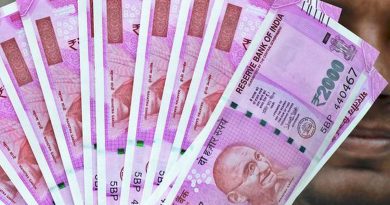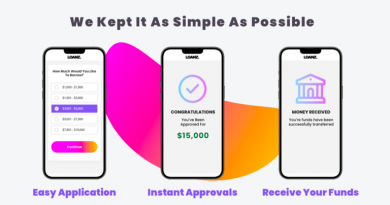7 Innovative Ways Fintech Shaping the Future of Digital Payment

Table of Contents
The world of payments is rapidly changing with the advent of fintech companies. These companies are leveraging technology to make payments faster, more secure, and more convenient than ever before. From peer-to-peer (P2P) payments to mobile wallets and beyond, fintech companies are leading the way in the digital payments revolution. In this article, we’ll take a closer look at the future of digital payments and the role of fintech companies in shaping that future.
1. Peer-to-Peer (P2P) Payments
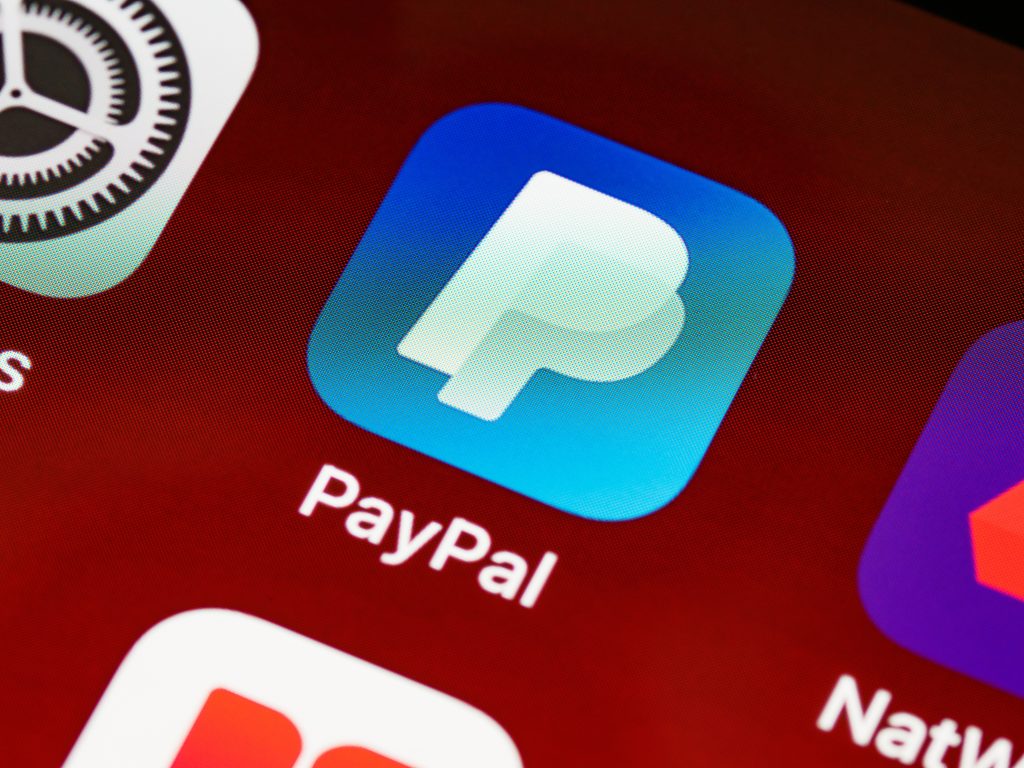
One of the most significant developments in digital payments in recent years is the rise of P2P payments. P2P payments allow consumers to send and receive money directly to and from one another without the need for a traditional financial institution. Companies like PayPal, Venmo, and Cash App have become household names in the P2P payments space. These platforms offer users a fast, easy, and convenient way to send money to friends and family, split bills, and even make purchases online.
2. Mobile Wallets

Mobile wallets are another area where fintech companies are leading the charge. A mobile wallet is a digital wallet that allows users to store and manage their payment information on their mobile devices. Mobile wallets like Apple Pay, Google Pay, and Samsung Pay are becoming increasingly popular among consumers. These wallets offer a quick and easy way to make payments in-store, online, and in-app without the need to carry physical cards or cash.
3. Cryptocurrency Payments
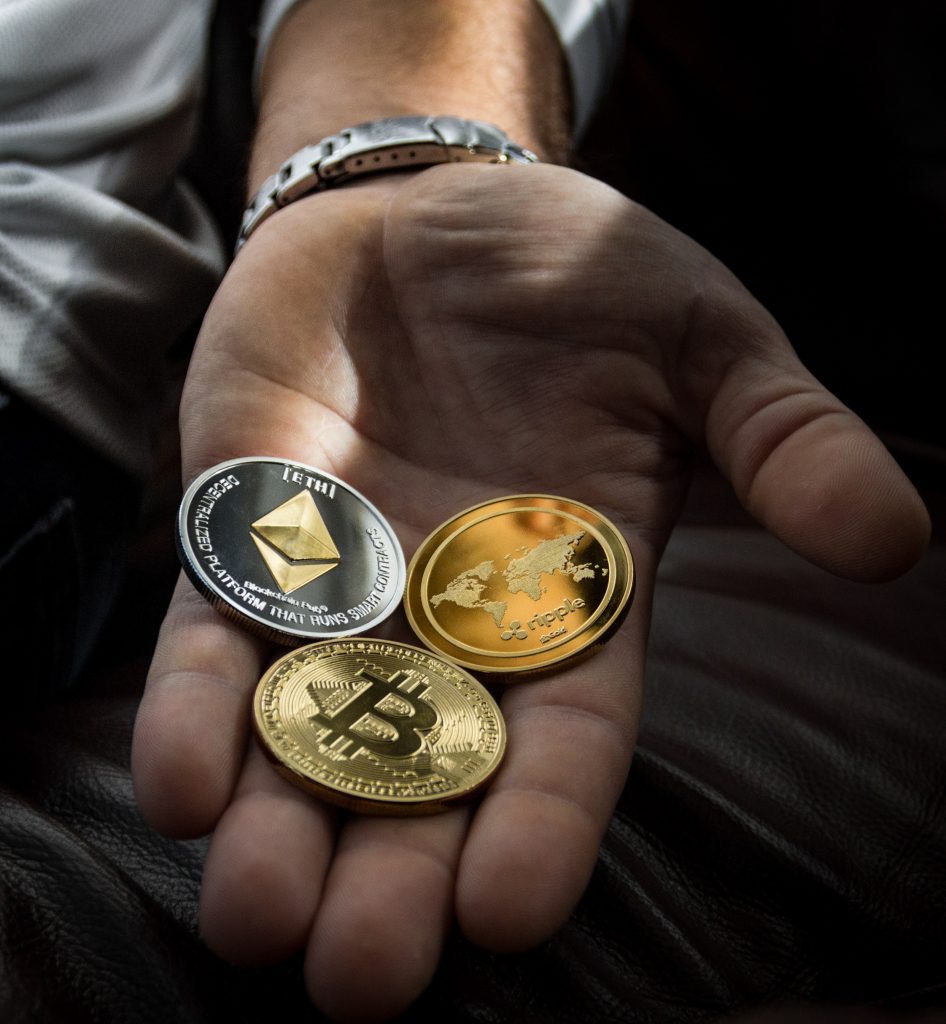
Cryptocurrency refers to a form of digital or virtual currency that utilizes advanced encryption techniques to ensure the security and verification of transactions, as well as to regulate the generation of new units. Fintech companies are at the forefront of the adoption of cryptocurrency as a payment method. Platforms like BitPay, Coinbase, and Gemini allow users to buy, sell, and trade cryptocurrencies like Bitcoin, Ethereum, and Litecoin. Some retailers are also beginning to accept cryptocurrency as a form of payment, further fueling its adoption.
4. Biometric Payments
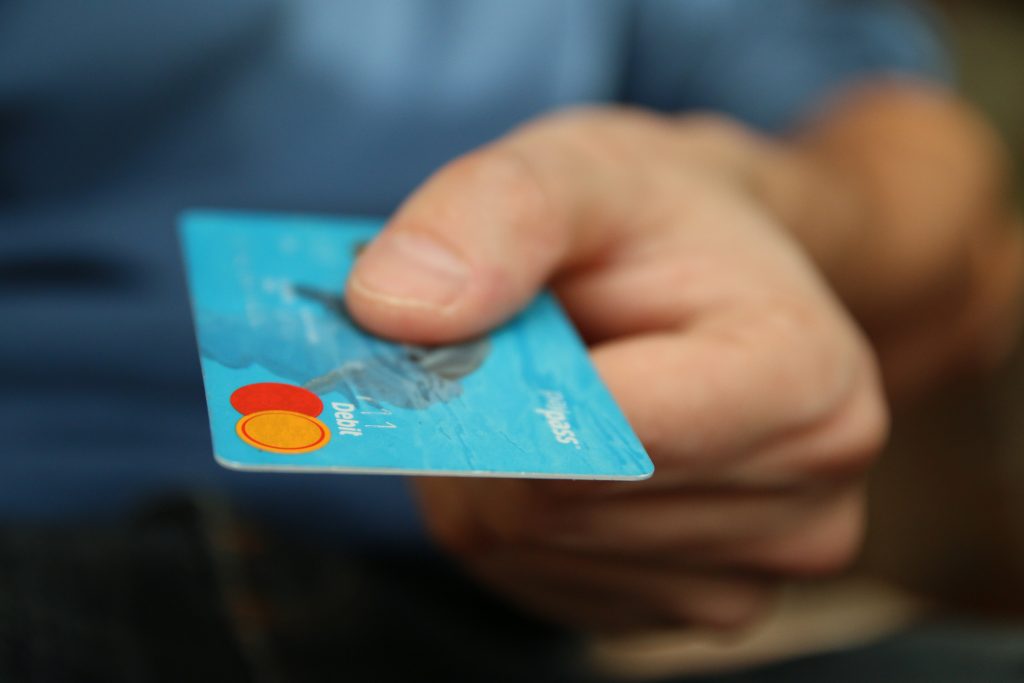
Biometric payments are a new and exciting development in the world of digital payments. Biometric payments use biometric technology like fingerprint recognition or facial recognition to authenticate transactions. Fintech companies like Mastercard and Amazon are experimenting with biometric payments, offering users a more secure and convenient way to make payments.
5. Open Banking
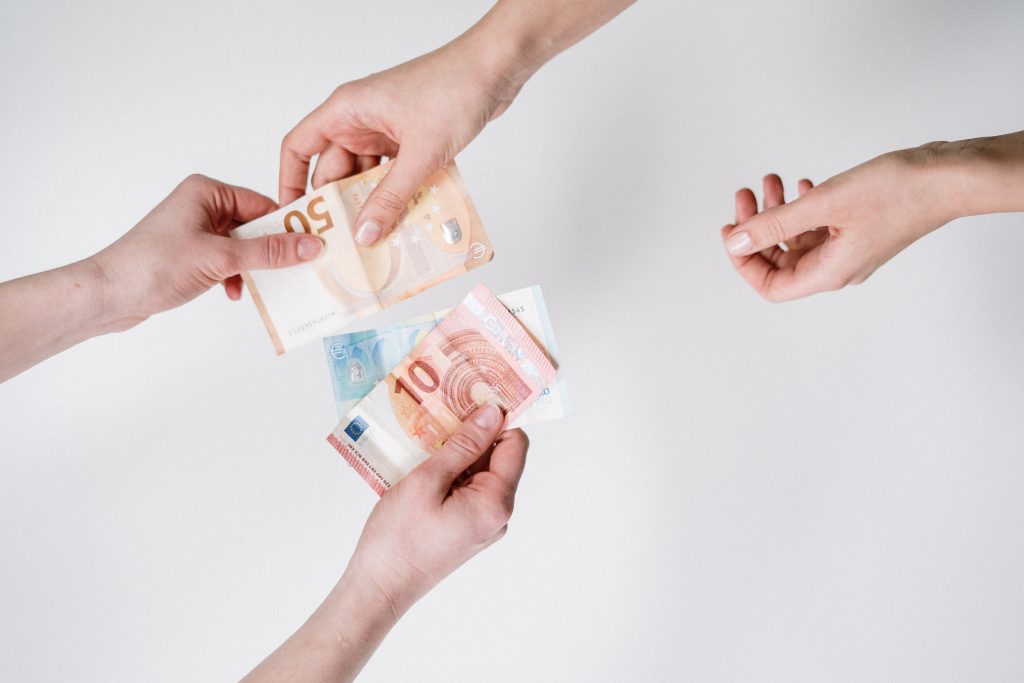
Open banking is the practice of opening up banking data to third-party providers. Fintech companies are leading the way in the adoption of open banking, which is revolutionizing the way consumers manage their finances. Open banking allows consumers to share their financial data with other companies, enabling them to access better financial products and services. Fintech companies like Plaid and Yodlee are at the forefront of the open banking revolution.
6. Voice Payments

Voice Payments Finally, fintech companies are developing voice payment solutions that allow consumers to make payments using their voice. Companies like Amazon and Google have developed voice assistants that can process payments, making it possible for consumers to pay for goods and services using just their voice.
7. Real-Time Payments
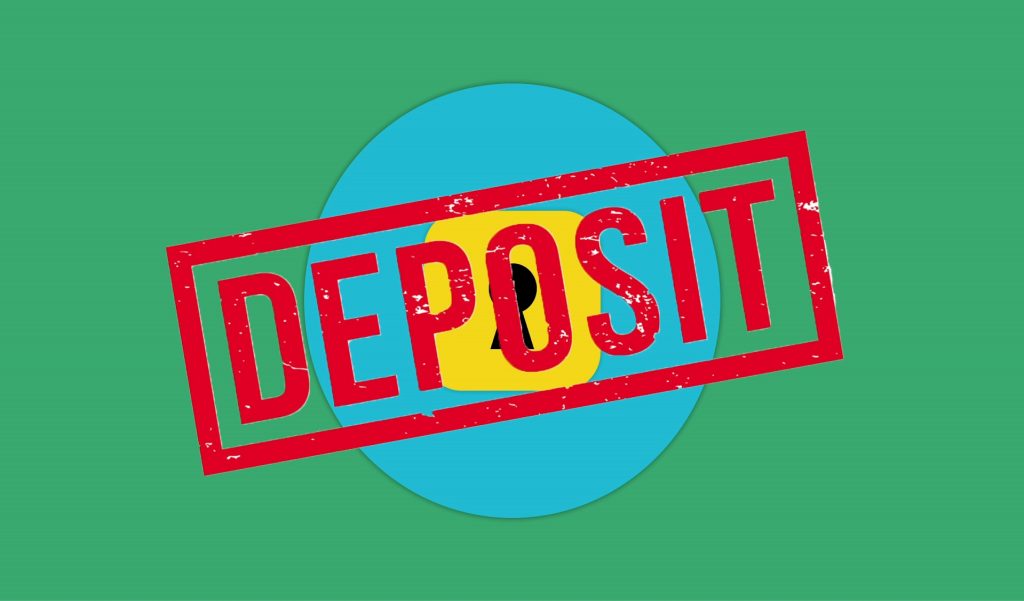
Fintech companies are also making real-time payments a reality. Real-time payments allow consumers and businesses to transfer funds instantly, 24/7, 365 days a year. Companies like TransferWise, Revolut, and N26 are leading the way in real-time payments, making it possible for consumers to send and receive money instantly across borders.
In conclusion, fintech companies are driving the future of digital payments. From P2P payments to mobile wallets, cryptocurrency, biometric payments, and open banking, fintech companies are leading the charge in making payments faster, more secure, and more convenient than ever before. As technology continues to advance, we can expect to see even more exciting developments in the world of digital payments.
Leave us a comment here.

